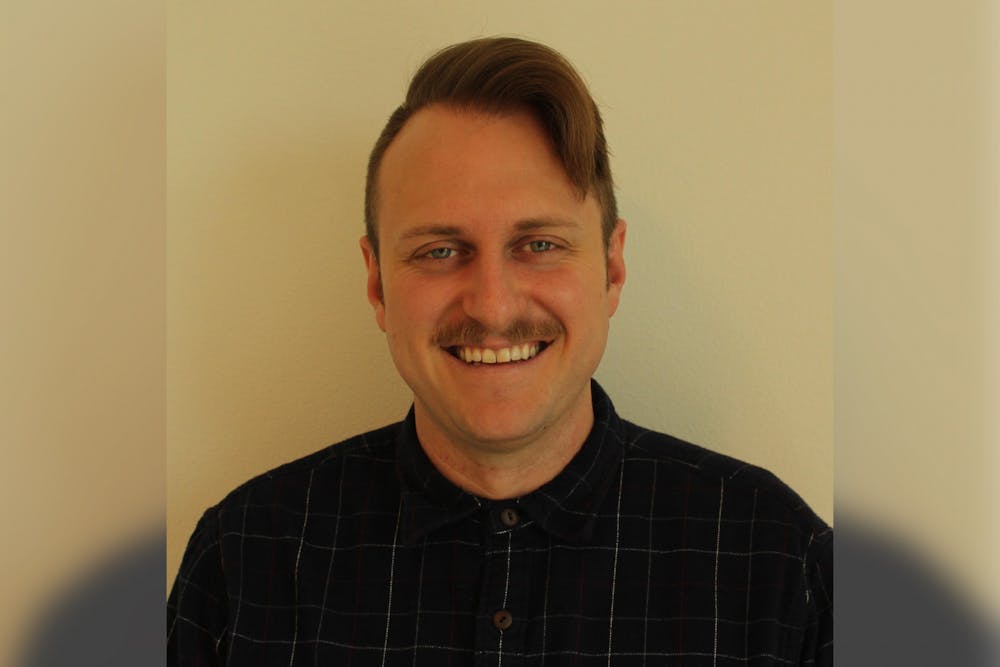IU welcomed Ross Kenyon to lead a webinar titled “Innovation and Resilience: Creativity for a Carbon Negative Future” as one of the final programs under this Fall’s Themester – “Resilience” Thursday evening.
Kenyon is the co-founder and creative editor of Nori, a carbon removal marketplace based out of Seattle that works to mitigate carbon emissions in multiple ways. Since its founding in 2017, Kenyon has produced the podcast “Reversing Climate Change” for the company.
Despite working in climate change that is typically associated with science, business or technology experts, Kenyon said his path into environmental work was an odd one. He said he briefly studied philosophy before deciding it wasn’t the right path for him. He later became involved with writing and producing in the film industry before joining Nori. Thursday’s webinar largely focused on the value that creative humanities experts like Kenyon can offer to the business sphere.
“I’m not a scientist, or an engineer,” Kenyon said. “People who work in spaces that are less technical might not realize that there are job opportunities for people with a creative or humane background.”
Kenyon said his broad knowledge of the humanities and storytelling has helped him at Nori because the company’s carbon removal mission can be difficult for many people to grasp. Through his podcast, Kenyon said he is able to make the seemingly abstract work that Nori does with blockchain and farming practices much more tangible for his listeners who aren’t in tech fields.
Kenyon said the future business model is one that is increasingly creative and content-driven.
“Don’t feel like if you hate that sort of engineering or technical stuff that there’s no place for you,” Kenyon said. “The future has a lot of roles for people who are good with words or good with thinking generally.”
After hearing about Kenyon from a former colleague, IU business law and ethics professor Kelly Eskew reached out to him, hoping he would speak to IU students not only about the work Nori does but also about the application of his liberal arts education.
Eskew said she was especially interested in Nori because it has committed not only to remove the carbon already emitted into the atmosphere but also to reduce carbon being emitted presently.
“The truth is that we’re dealing with wicked, huge problems,” Eskew said. “So we need clever, huge responses. But we also need a way to live through this without falling into despair and finding a way forward.”
Eskew said she thinks diverse, creative work is essential, especially for solving huge problems like climate change.
The College of Arts & Science’s annual Fall Themester organizes interdisciplinary programming to approach their theme each year. Coordinator of the Themester program Tracy Bee said this year’s theme was based around climate change resilience. She said resilience can be viewed beyond just an environmental lens, especially since the theme was set prior to the start of the pandemic, which has broadened the definition immensely.
Bee said she hopes the Themester widens students' lenses on several issues.
“The thing that I most like about Themester is that it really shows students that there are multiple perspectives to any topic,” Bee said. “Their way of looking at a topic is one perspective, but there are multiple other ways of engaging with these topics.”
CORRECTION: A previous version of the story misstated Kenyon's educational background.






